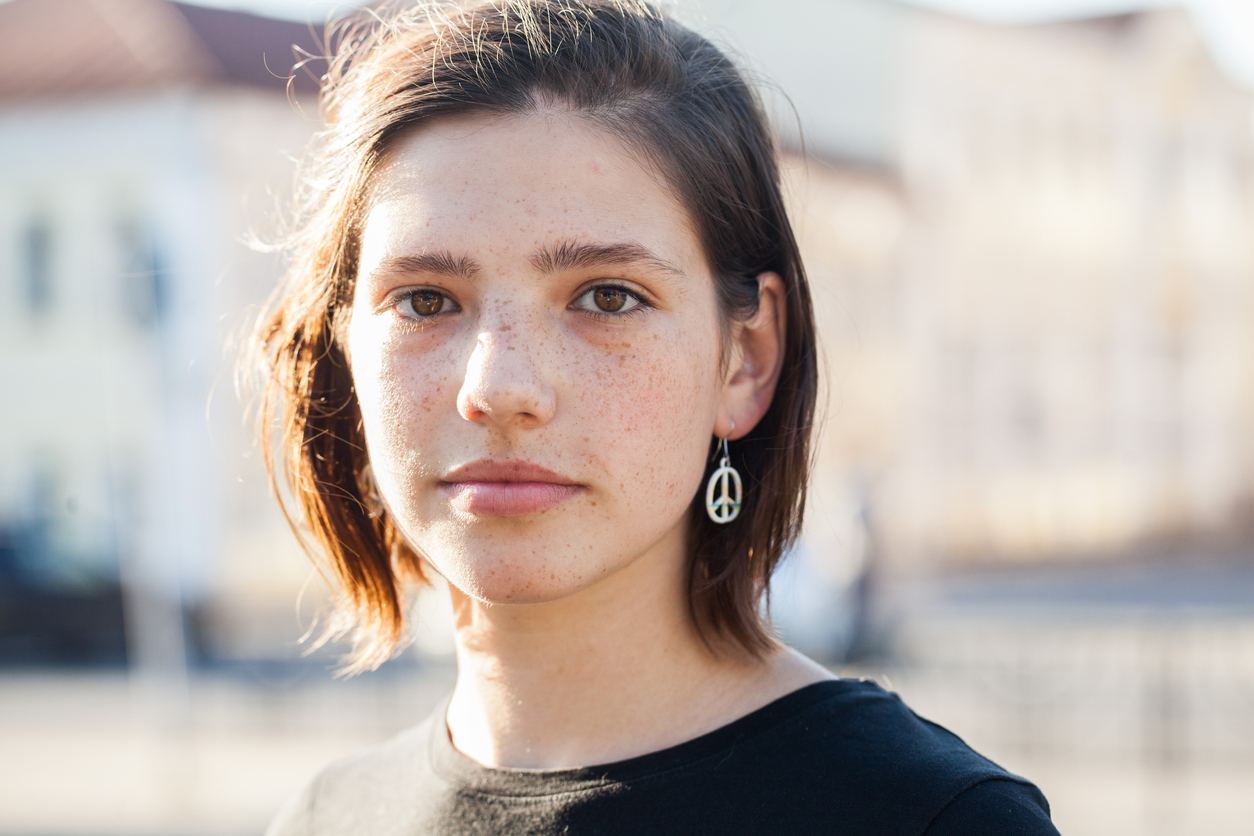Teen Depression FAQs
What are the signs of depression in a teenager?
The signs of depression in a teenager can vary but often include persistent sadness, a lack of interest in activities they once enjoyed, withdrawal from friends and family, changes in sleep and eating habits, and sometimes suicidal thoughts. A decline in academic performance and increased irritability are also common indicators of mood disorders. It’s crucial to take these signs seriously and seek professional help for diagnosis and treatment.
How is teenage depression different from adult depression?
Teenage depression is similar to adult depression in many ways but tends to manifest differently in behavior and symptoms. Depressed teens may express their depression through anger or withdrawal from social activities and family. Moreover, they may not have the language or emotional maturity to articulate their feelings, making it difficult for parents and caregivers to recognize the symptoms.
How can I help my teenager who is showing signs of depression?
If your teenager is showing signs of depression, the first step is to open a line of communication, making sure they feel heard and supported. Secondly, consult with a mental health professional for a formal diagnosis and treatment options. Many families opt for a combination of talk therapy, medication therapy through careful management of antidepressant medications, and lifestyle changes to combat teen depression.
What treatment options are available for teen depression?
Treatment options for teen depression typically involve a combination of medication and psychotherapy. Residential treatment and outpatient programs are also available, catering specifically to adolescents. Cognitive Behavioral Therapy (CBT) is commonly used in treating depression in teens, and medication such as antidepressants may also be prescribed.
Is medication safe for teenagers with depression?
Medication like antidepressants can be effective in treating teen depression, but they must be administered under careful medical supervision. It’s crucial to consult a healthcare provider for a tailored treatment plan. Side effects and the risk of dependency make it vital for medication to be part of a more comprehensive treatment plan that likely includes psychotherapy.
Can lifestyle changes like diet and exercise help in treating teen depression?
Lifestyle changes can indeed play a supportive role in treating teen depression. A balanced diet rich in nutrients and regular exercise can improve a teen’s mood and mental well-being. However, they should not replace professional medical treatment but can be integrated into a broader treatment plan.












